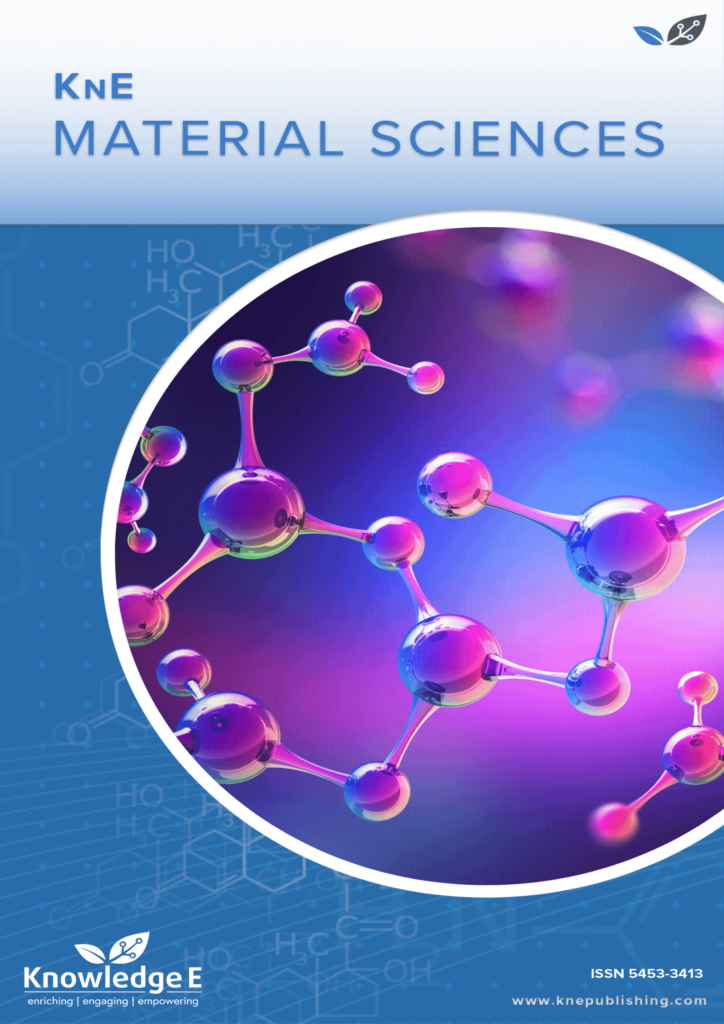
KnE Materials Science
ISSN: 2519-1438
The latest conference proceedings on physical materials, energy materials, electrical materials.
Microorganisms Resistant to White Phosphorus
Published date: Dec 31 2020
Journal Title: KnE Materials Science
Issue title: IV Congress “Fundamental Research and Applied Developing of Recycling and Utilization Processes of Technogenic Formations” Volume 2020
Pages: 7–12
Authors:
Abstract:
We present preliminary results on the successful culturing of different microbial taxonomic groups on media containing white phosphorus (P4) as the sole source of phosphorus. The increase in culture resistance resulting from targeted selection was demonstrated. The highest concentration of P4 used in the study exceeds the threshold limit concentration of P4 in wastewater mud by 5000 times. Putative metabolites of P4 were also investigated.
Keywords: biodegradation; white phosphorus; Aspergillus niger; Streptomyces sp. A8
References:
[1] U.S. Department of Health and Human Services. (1997). Toxicological Profile for White Phosphorus, p. 248.
[2] Mindubaev, A. Z. (2018). Who Ate the Polyethylene? Nauka I Zhizn, no. 4, pp. 32-38.
[3] Mindubaev, A. Z., et al. (2018). Microbiological Degradation of White Phosphorus. Ecology and Industry of Russia, vol. 22, issue 1, pp. 33-37.
[4] Mindubaev, A. Z., et al. (2017). Biodegradation of White Phosphorus. Priroda, issue 5, pp. 29-43.
[5] Barber, J. C. Processes For The Disposal And Recovery Of Phossy Water. Patent US5549878, declared: 24th May, 1995, issued: 27th August, 1996.
[6] Mindubaev, A. Z., et al. (2015). The Inclusion White Phosphorus in the Natural Cycle of Matter. Cultivation of Resistant Microorganisms. Butlerov Communications, vol. 41, issue 3, pp. 54-81.
[7] Altschul, S. F., et al. (1990). Basic Local Alignment Search Tool. J. Mol. Biol., vol. 215, issue 3, pp. 403-410.
[8] Mindubaev, A. Z., et. al. (2015). Adaptation of Microorganisms to White Phosphorus as a Result of Directed Selection. Genetic Identification of Sustainable Aspergillus and Metabolic Profiling of Streptomyces A8. Butlerov Communications, vol. 44, issue 12, pp.1-28.
[9] Mindubaev, A. Z., et al. (2017). Neutralization of White Phosphorus by Means of Microbiological Decomposition. Butlerov Communications, vol. 52, issue 12, pp. 87-118.